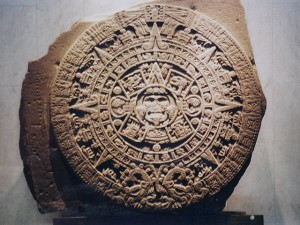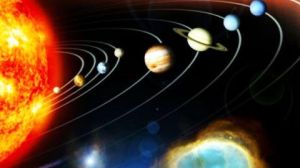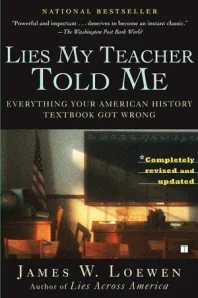 The prophecies about the year 2012 we attribute to the Mayans have their root in the writings of one Mayan philosopher, Pacal Votan, also known as the Sage King of the Classic Maya. Votan predicted that December 21, 2012 will mark the end of the evolutionary cycle which we now know. Although this prediction often gets translated into an “end of days” prophecy, Votan’s prediction is actually a bit more complex. The Mayans believed that evolution happens in a 26,000 year cycle, roughly the amount of time it takes the Earth to spend about 2152 years in each of the Mayan astrological signs. When this cycle is complete, according to Votan, a “new world” will be created, with different evolutionary characteristics.
The prophecies about the year 2012 we attribute to the Mayans have their root in the writings of one Mayan philosopher, Pacal Votan, also known as the Sage King of the Classic Maya. Votan predicted that December 21, 2012 will mark the end of the evolutionary cycle which we now know. Although this prediction often gets translated into an “end of days” prophecy, Votan’s prediction is actually a bit more complex. The Mayans believed that evolution happens in a 26,000 year cycle, roughly the amount of time it takes the Earth to spend about 2152 years in each of the Mayan astrological signs. When this cycle is complete, according to Votan, a “new world” will be created, with different evolutionary characteristics.
There are clues that the Mayans took the findings of Votan very seriously and went to great lengths to leave behind evidence of their beliefs about 2012 for future generations, so that mankind could begin to prepare for the date. As an interesting side bar, it should be noted that the Mayans also left writings suggesting that they believed the Earth had been through these transitions at least four times before. What we believe we understand about the history of civilization is in direct opposition to the Mayan take on history. The Mayans believed that four worlds with their own history and civilizations preceded our own.Pacal Votan and the Mayans are most closely associated with December 21, 2012 prophecies, but they are not the only culture to believe that this day holds special significance.

Aborigines, Hopis, Cherokees, Essenes, Egyptians, Kabbalists, Qeros, Navajos and the Dogon tribe all have similar prophesies regarding a 26,000 year evolutionary cycle and the end of that cycle on 2012. Some cultures have a more “doomsday” nature to their prophesies than the Mayans. Even some Christian groups believe that December 21, 2012 will be the Judgment Day mentioned in the Bible. It’s evident that this belief is widespread, but is it true? As one can imagine, there are many people who call the claims of the Mayans into question; or rather, they call modern interpretations of Mayan writings into question. First, the skeptics point out that some interpreters might be adding two and two and coming up with five when they are reading Mayan writings.
 Although the Mayans devised a Calendar that ended on December 21, 2012, and although Mayan hieroglyphics suggest they believed in a doomsday, the link between these two facts are not entirely conclusive. Some think the Mayan calendar ends when it does for no other reason than someone simply decided that was enough. Skeptics also point to the fact that there are disagreements even among the believers on what will happen that day. Some people think life will cease to exist, and some people think life will simply transition into a new world.
Although the Mayans devised a Calendar that ended on December 21, 2012, and although Mayan hieroglyphics suggest they believed in a doomsday, the link between these two facts are not entirely conclusive. Some think the Mayan calendar ends when it does for no other reason than someone simply decided that was enough. Skeptics also point to the fact that there are disagreements even among the believers on what will happen that day. Some people think life will cease to exist, and some people think life will simply transition into a new world.
Further, skeptics question why we should take the prophecies of the Mayans any more seriously than any other ancient civilization. People have been mining the writings of ancient cultures for years looking for clues about the future, and so far, all other predictions proven to be false. Why should the Mayan writings be any different? The Mayans never suggested that the world would end with a bang on December 21, 2012, but rather that that date would be the culmination of several years of events in which the world and mankind was changing.
Source: Lovetoknow -By Heather McDonald



























There’s a Bizarro cartoon showing a stone carver reporting to his master. The calendar is next to him. He says, “I ran of out space.” The master replies, “Ha! That’ll freak somebody out someday.”
Seriously, here’s what I’ve read: the Mayans didn’t account for leap days, so according to their calendar, we’re already somewhere in 2013. Oops!